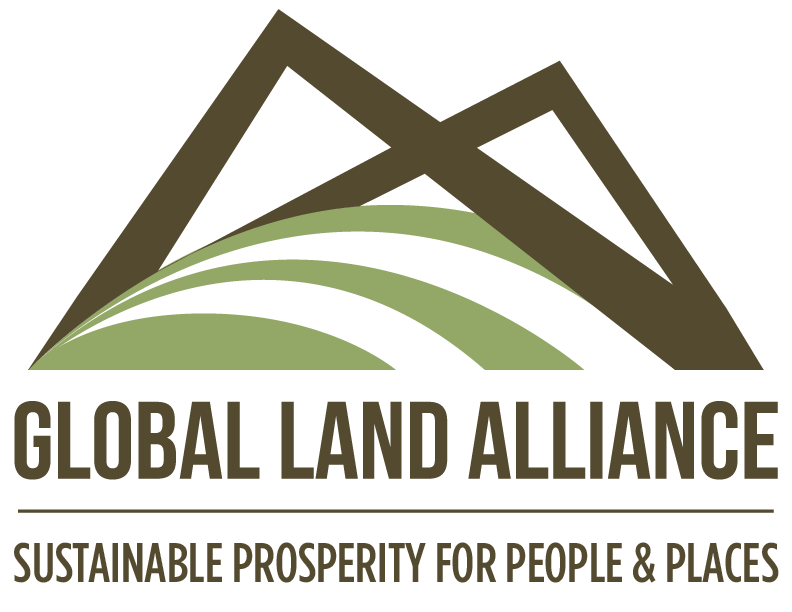The Nexus of Common Law Marriage and Land Rights
(BY CYNTHIA BERNING AND KEVIN BARTHEL)
Marriage and divorce in Colombia can be difficult and expensive processes, which has led to a situation where possibly millions of rural Colombians are in long-term relationships that are not legally registered. This creates a problem when it comes to inheritance or rights to a family land parcel for one partner (usually the woman), if the head of household dies, leaves the relationship or leaves the area. For this reason, common-law marriage is a legal option that, once registered, provides all of the legal rights to property that an official marriage would provide. The situation becomes complicated, however, when it comes to proving a common law marriage – especially if the man isn’t interested in sharing his rights to property, or in situations of multiple simultaneous long-term relationships with different women when the woman is trying to claim rights to a land parcel after the death of her partner while other family members are also hoping to inherit the property. Additionally, many land formalization processes consider a person’s direct relationship with a piece of land, overlooking the important contributions a woman might make to a household that are not agricultural but allow her partner to be more productive. Demonstrating a formal family relationship is a way for a woman to gain rights to property even if she doesn’t farm it herself.
The Land Alliance is completing a research study that explores the difficulties and bottlenecks in the process of declaring a common-law marriage (“union marital de hecho” in Spanish) and using common-law marriage as evidence of rights to land. This study is a part of the USAID-financed Land and Rural Development Project implemented by Tetra Tech and focuses on the five regions of the country where this project is working: Cauca, Meta, Tolima, César and Montes de Maria. The research team is composed of Colombian lawyers who are experts in family law, property law and gender issues, international experts in women’s access to land and a sociologist who has extensive experience working with rural women’s groups. Through interviews with local judges, notaries and other functionaries involved in the process of registering common-law marriages and adjudicating property rights disputes, the Land Alliance team is investigating the current implementation of these processes. Additionally, focus groups and individual conversations with women and men in the field are providing deeper insight into the issues faced by rural women when it comes to registering their rights to land and declaring and proving the existence of a common-law marriage.
The five-month study (January through May, 2016) has produced a detailed analysis of the current situation and bottlenecks, and is currently building on this analysis and preparing recommendations for ways to improve the efficiency and reach of this registration process. It is expected that the final recommendations will include changes to legal codes pertaining to common-law marriage and land rights, but also operational and administrative recommendations to expedite the process and improve the experience of people applying for recognition of these rights. In addition, the team will make recommendations for training and community outreach to ensure that the community and government officials are aware of the importance of registering common-law marriages and are familiar with the process and the requirements.
Following significant field work in each region and the development of the recommendations, the team will conduct a series of workshops throughout the month of April, one in each region, to introduce the recommendations to the community and relevant government officials, property professionals and organizations working with the community and with women. Feedback from these workshops will inform the final set of recommendations to be shared at a national workshop in Bogotá and included in a final report presented to the Government and USAID by June 1, 2016.If the team’s recommendations are accepted and implemented by government officials, it is expected that it will soon become much easier for rural women in these regions to gain access to legally-recognized land rights. This will reduce their vulnerability and provide a secure way to continue to earn an income throughout their lives and legally pass property down to their children. The nexus of common-law marriage and land rights is a small but important step toward the goal of a post-conflict Colombia with secure land rights for all and increased equality between men and women.

